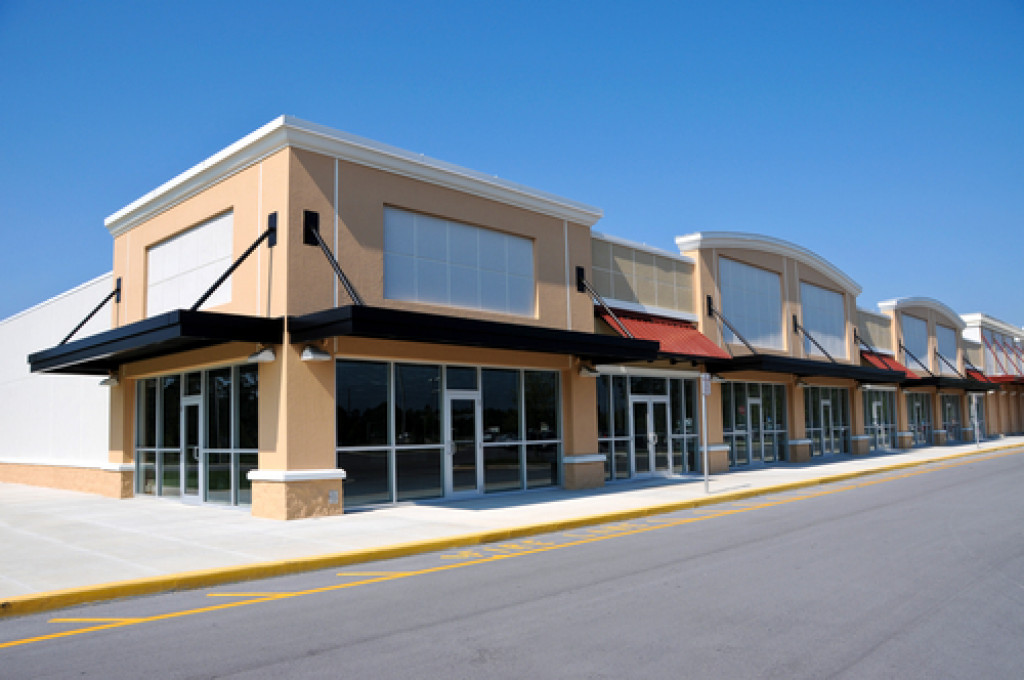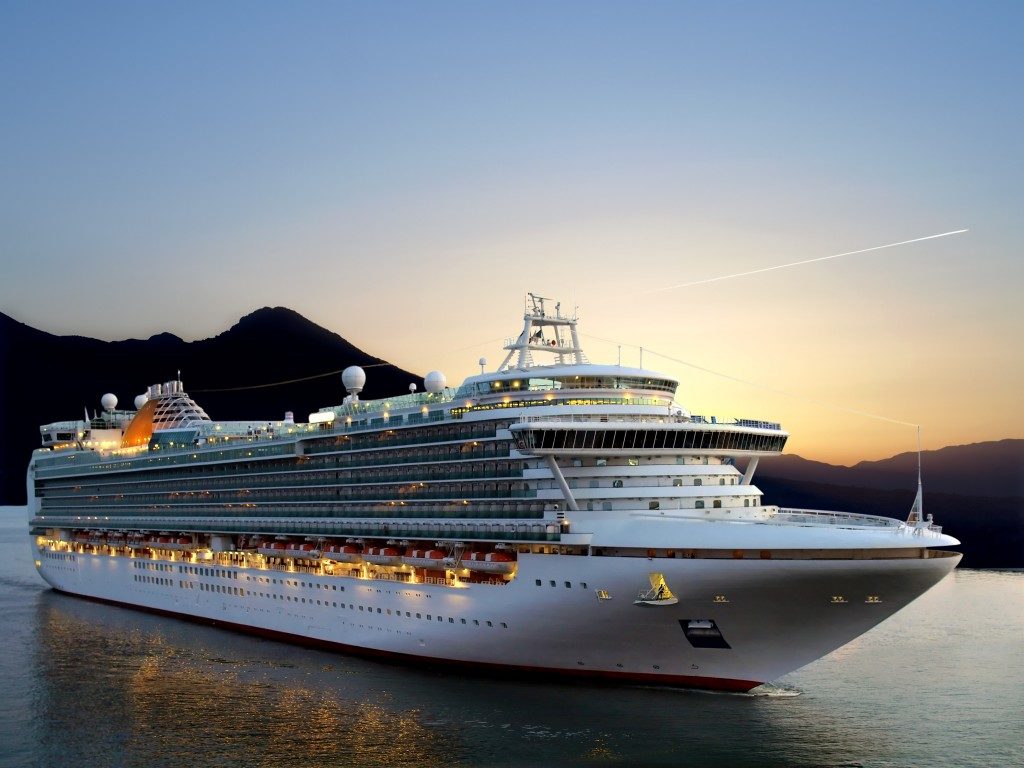Renting a commercial lease is one of the biggest steps of a business owner’s entrepreneurial journey. Whether you’re managing a startup, expanding into a new branch, or looking for a permanent business location, a commercial lease plays a big role in how a business will perform. That is why it is important to get everything right the first time.
But signing up for a commercial property would also mean throwing yourself into a minefield of monthly rental fees, contract conditions, and hidden costs. You also have to be sensible enough to deal with real estate agents who tend to be too aggressive towards newcomers. Basically, a commercial lease involves everything at stake, from your business assets to your employees.
To make sure you have a failure-free experience in finding a commercial space, this guide will discuss the pivotal decision points you need to consider. We will also discuss how these factors play a crucial role in the growth and success of your business.
1. Insurance
Before looking for commercial spaces, you might want to consider getting a commercial property insurance. You don’t want to be like those homeowners with a canceled insurance because of careless reasons.
Business owners apply for a commercial property insurance to protect their business from unexpected perils, such as theft, fire, and different forms of natural disasters. But getting insurance is not easy; you have to consider several factors, such as location, construction, occupancy, and fire and theft protection.
2. Location
The first key point plays a critical role in how your business will survive. When choosing a business space, you have to consider how the location can affect your growing or existing enterprise. The location tells so much about the target market, quality of life for employees, and accessibility. Basically, a location can make or break your business.
Conducting market research will help you determine the market opportunities and competitive landscape of an area. Does the location have a high demand for the service or product you offer? How does the location fare in terms of its competitive landscape?
According to John Wechsler, founder of Launch Indiana, a network of local co-working spaces, the business owner should also consider the quality-of-life available to employees. In developing areas, traffic and the need for more parking spaces are among the huge concerns among workers. No company likes the idea of employees showing up late to work regularly. That is why improving employee morale is also a major driver when picking a location.
3. Accessibility

The next factor works hand in hand with the first key point. The location of your business contributes to business accessibility by allowing your service or product to be available to a wider consumer base.
A business space near public and private transportation means that your employees don’t have to worry about going to work every day. Meanwhile, an accessible business location can help customers find your business with ease, especially within a business district or a busy area. Accessibility also contributes to gaining further exposure among potential customers living nearby.
4. Lease Price
The cost of a commercial space has a large impact on the net income of your business. A cheap commercial space can lead you to a sub-standard property with a poor location. Meanwhile, an expensive one can burden your business by spending more than what you can afford.
As much as possible, strategize the cost of a commercial space with your allotted budget. Consider if the lease price compensates with the location and facilities. Also, make sure that it doesn’t have unexpected or additional charges, such as maintenance and parking fees.
5. Infrastructure, Design, and Layout
Businesses nowadays are looking for commercial spaces that allow room for growth and creativity. Your business should accommodate the productivity needs of your employees and prevent potential hindrances to business operations. It should also look inviting enough to attract more customers to come in at your door.
Air quality, ventilation, noise, number of rooms, natural and artificial lighting, and proximity are some key factors when considering the overall design and layout of a business.
The company size and equipment also play a role in finding the best commercial space. Every business differs in terms of size requirements. If you are looking for a permanent location for your business, make sure that the size requirements can accommodate your long-term needs, such as future expansion, new equipment, and additional employees.
Finding a commercial space may seem plenty of work, but it should not always be the case. Following the above mentioned key points can make a huge difference in how your business will survive in your chosen commercial area. But when things go difficult, always seek professional advice before committing to a lease.


